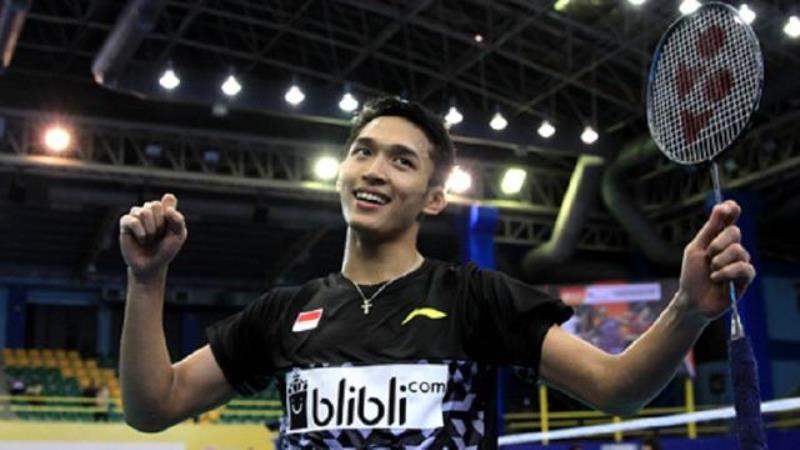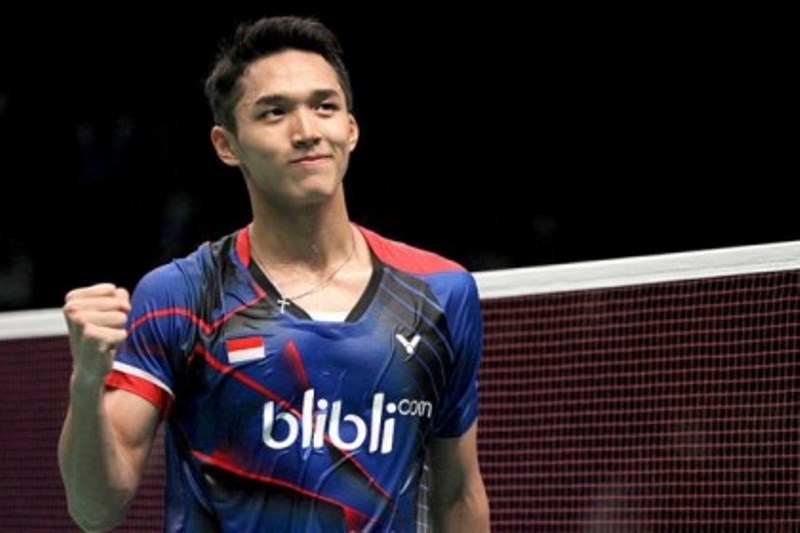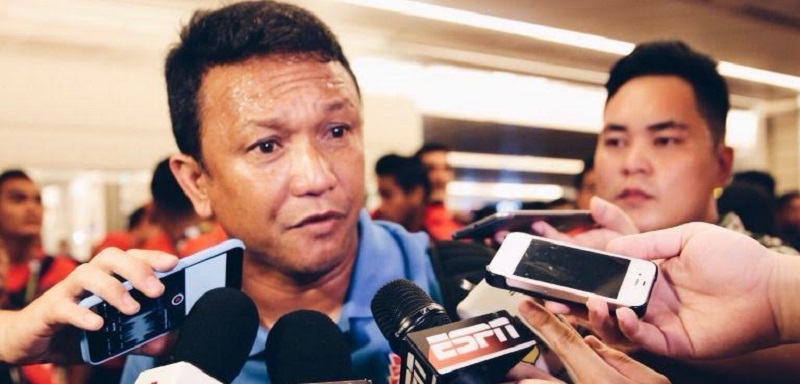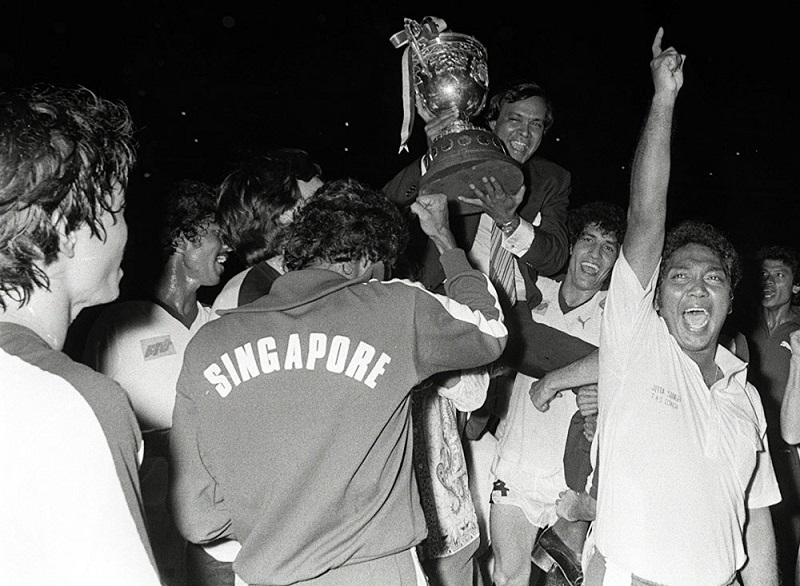
FANDI AHMAD got himself in a knot of sorts over the use of the six-letter word “turban”. But as quick-silver an international striker he’s noted to be, the newly-minted Singapore national coach settled the matter very amicably.
It sounded like a “storm in a tea-cup” incident but I know that for the Sikh community their formal head-gear is beyond reproach and any mention adverse instantly arouses their sentiments.
For the record, Sikh men commonly wear a peaked turban that serves partly to cover their long hair, which is never cut out of respect for God’s creation. Devout Sikhs also do not cut their beards so many Sikh men comb out their facial hair and then twist and tuck it up into their turbans along with the hair from their heads.
For a Sikh, in Asia, Europe, America or Australia, the dastaar (Sikh turban) is a religious requirement by the Guru’s own injunction. Dastaar is an essential article of faith for male Sikhs, about that there should be no misunderstanding: men must wear it, while it is optional for women.
MEDIA CONFERENCE
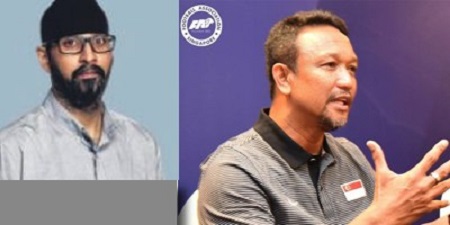
Now to fast-roll back to the incident, Fandi made the turban-comment at a media conference on Friday at the Oasia Hotels and Residence before the friendly match between Singapore and Mauritius, which ended in a 1-1 draw.
To a question from The New Paper’s turbaned journalist Dilenjit Singh, who asked: “You said that in terms of skill and technique, some of our rivals in the region have overtaken us. How would that affect you wanting to play the good football which you are known for.”
In response, Fandi said: “We have not all bad…I can’t condemn anybody because our system is different from others. I can’t say it also, as it is against the Government. You know if I say it loud, you know, you will be seeing your turban would be gone. Seriously bro. I cannot say, I want to tell you. But later private, I will tell you. ”
There was an unusual burst of insensitive laughter after the inappropriate comment was made, according to ‘The Online Citizen’ which first reported the incident, under the headline: ‘Racist remark by Fandi Ahmad?’ which drew a wild-fire response from the Sikh community.
Rather ironically, the rest of the print and broadcast media in the room did not make any mention or report about it despite it being a formal media conference.
I felt the brunt of umpteen calls from Sikh friends to formally raise the matter as I had a similar experience in July when I covered the Singapore Khalsa Association (SKA) annual general meeting. I made an unconscious comment of “extra turban-time” and “taking the turbans out to the Sikh gentlemen and ladies for a very spirited and sporting handing over of the proverbial baton”.
In my quick response, over Facebook, which was carried by Asia Samarach, the region’s most popular online newsletter, I had to immediately clarify that my words had no twinge of disrespect to the Sikhs, who always look on their turban with distinct pride.
QUICK FOOTBALL APOLOGY
Likewise for the Fandi Ahmad incident, wherein the Football Association of Singapore (FAS) immediately expressed “regrets” on comments made by its national coach. In a formal statement on Thursday, FAS said it regrets that Fandi’s comments have upset members of the Sikh community.
“Fandi and the FAS have contacted Dilenjit Singh (The New Paper reporter) and the Sikh Advisory Board (SAB) to explain, apologise and clarify the matter. Mr. Singh gracefully accepted our explanation and apology. Our discussion with the Sikh Advisory Board has also revealed that the comments could be hurtful to the Sikh community even though they were not made with any malicious intent,” it said in the statement.
“As such, the FAS has taken the opportunity to remind all our staff to be sensitive about all remarks made even in jest and accord to the highest level of professionalism and respect in engaging our stakeholders and the community at all times,” it added.
Former award-winning national coach Jita Singh, who ranks as the first Sikh to play for Singapore in the 1970s, felt that the “turban remark was rather uncalled for”. He explained: “The turban is a symbol of Khalsa and every Sikh dons it with pride. It is not a piece of cloth, it’s a crown to be divinely respected.”
But Jita, who had Fandi Ahmad as a teenager in his team when the Lions won the 1980 Malaysia Cup, added: “I know Fandi very well and he’ll be the last one to ever make a disrespectful racist comment. It’s probably a quick slip of the tongue but for the role-model football icon he is, there’s absolutely no malice.”
SYMBOL OF ROYALTY
Jita, who at 31 was the youngest Singapore coach to win the Malaysia Cup and was honoured with the SNOC ‘Coach of the Year’ award, doesn’t adorn the turban.
But he reiterates that globally, the turban was and continues to be, a symbol of royalty, being used in place of a crown. He said: “The Sikh dastaar makes the Sikh a sardaar (chief or lord). Without dastaar, a Sikh is not a sardaar, and no one addresses him so. The Sikh dastaar, worn neatly and with dignity, does combine and represent the miri-piri (temporal and spiritual) aspects of Sikhi .
Former Singapore SEA Games long-distance runner Jacter Singh of the 1980s, now a professional track and field coach, says the “feedback he received was sensitive…and lots of Sikhs were actually cursing Fandi”. But he added: “I don’t think Fandi meant any disrespect and I salute him for making peace quickly with the Sikh journalist and FAS for immediately settling the matter very amicably”.
Former Tampines Rovers striker Kalwant Singh of St Joseph’s Institution fame, now in California, USA, remarked that, especially in the USA, “this sort of remarks have been thrown about all the time”. He added: “Sikhs are strong, brave, proud and won’t allow remarks such as Fandi’s to deter us. I understand what Fandi was trying to get across but he should be more sensitive.
“Would he have said the same if there was a Malay journalist with a songkok on or Muslim with a hijab or a Jew with a yamaka on? FAS officials in attendance should have whispered in his ear to immediately restate the sentence.”
The Sikh Advisory Board (SAB) secretary Malminderjit Singh, in a Facebook post, commended the FAS for putting the turban-matter to quick rest.
He wrote: “FAS and Fandi have issued a statement to clarify and apologise for the hurt the comments may have caused members of the community. SAB accepts this gesture and is glad that the unfortunate incident has been addressed.
He praised the behind-the-scenes mediation by the newly-minted FAS general secretary Yazeen Buhari. He added: “Thank you to the FAS, under the leadership of Yazeen Buhari, who displayed great sensitivity and humility in working with us to address the issue.”
Fandi was not available for comment but friends close to him said he “deeply regretted the quick comment which was said with absolutely no negative thoughts to the Sikh reporter or to the Sikh community”.
SUPER ROLE-MODEL
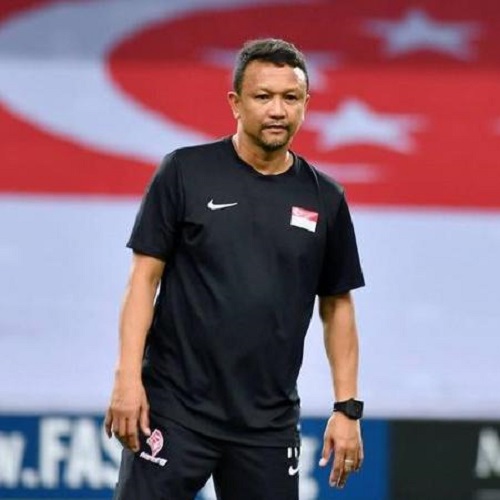
A close family friend, who asked not to be named, said: “Fandi Ahmad has not a racist bone in his body. He is revered by his peers and youngsters as a super role-model, who alwayspreaches the good values of sportsmanship.”
Fandi in 1994 was decorated by the government with the Pingat Bakti Masyarakat (PBM) and he’s the first professional footballer to play in Europe with FC Groningen in Holland with a two-year contract in 1983.
The Groningen fans voted Fandi the most popular player and the most skilful player that season. He scored 10 goals in 29 games to help the Dutch club rise from ninth to fifth place in the Eredivisie.
He also played for Malaysia Cup state sides Singapore FA, Kuala Lumpur FA and Pahang FA, and won titles with all three, including two “doubles” in 1992 and 1994, and the “Golden Boot” in 1988. He also wore colours of Niac Mitra (Indonesia), Groningen (Holland), Geylang United (Singapore) and SAFFC (Singapore).
The 56-year-old father of five, who’s married to South African model Wendy Jacobs, is also part of the elite “FIFA Century Club” with 101 caps and scored 55 goals, won three South-east Asian Games (SEA Games) silver medals and was captain from 1993 to 1997.
In his managerial career, he took charge of SAFFC, Pelita Raya (Indonesia) and Johor Darul Takzim (Malaysia), served as assistant national coach and also keeps an eye on the Fandi Ahmad Academy.
The media has hailed him as the first Singaporean millionaire sportsperson and first Singaporean sportsperson to have a published biography and ranks in the community as a national legend.
The bigger challenges come under way after he took over from V. Sundramoorthy and has been charged to prepare the Lions for the 2018 Asean Football Federation (AFF) Suzuki Cup in November.
Good news for him came when he got the first win of his tenure after a 2-0 win over Fiji, with goals coming from his son Ikhsan Fandi and captain Hariss Harun, on Tuesday.
So, the”storm in a tea-cup” is over and I know the Sikh community genuinely appreciates the FAS and Fandi Ahmad apology. Their formal head-gear will always be beyond reproach and must be universally respected, just as the songkok is a traditional headgear for the Muslims. – BY SURESH NAIR
Suresh Nair is a Singapore-based journalist who has known the Fandi Ahmad family for more than four decades when (the late) Ahmad Wartam, Fandi’s father, was a Singapore goalkeeper in the mid-1960s.










